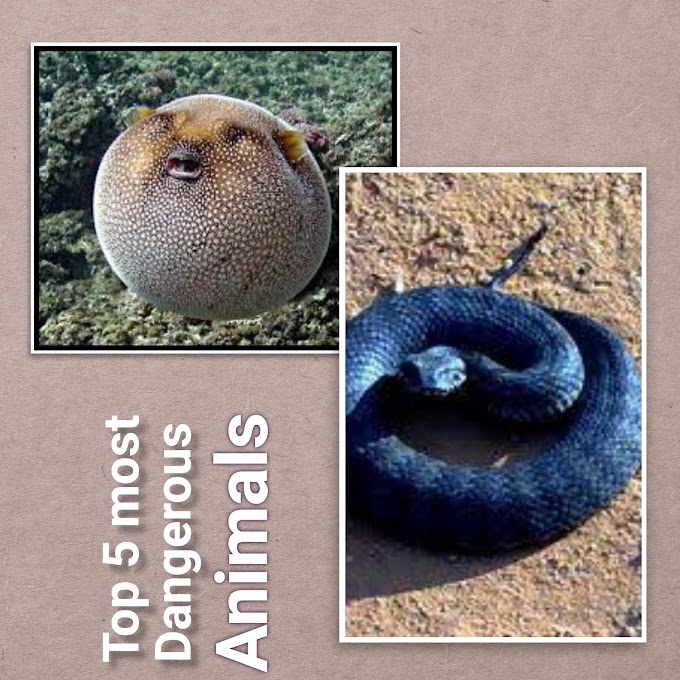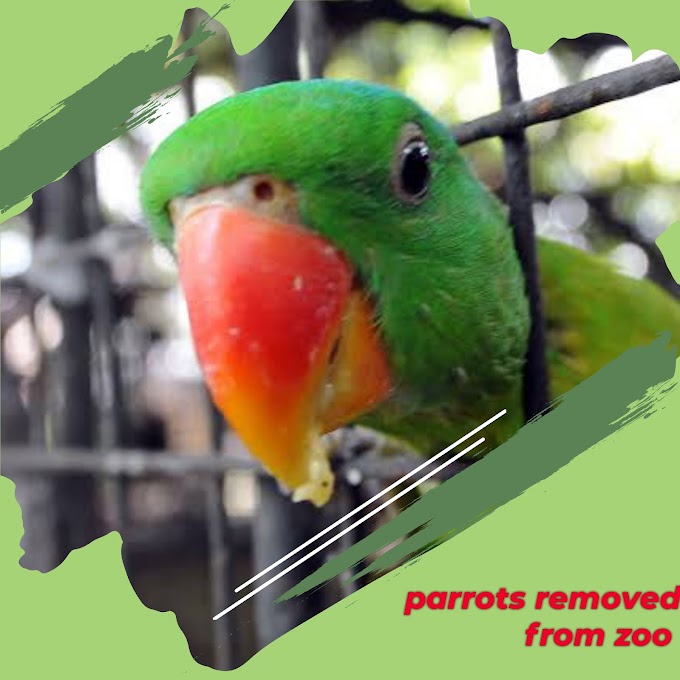i'm joined by a remarkable conservationist all the way coming to us live from ecuador to talk about the conservation of the critically endangered brown headed spider monkey it gives great pleasure to welcome on sit lali hello hi hannah how are you thank you very much for this invitation it's a pleasure to have you on we're so so pleased so thank you thank you so so much now the brown headed spider monkey one of seven species of spider monkey in south america critically endangered probably a little less known to many people so could you tell us a bit about the species, uh yes of course.
well the brown haired spider monkey is part of a group of primates that are characterized by their long limbs they are also characterized by only having four fingers in their hands and they are normally found in primary forests especially this species and well they are critically endangered it is one of the most endangered primates in the world and here in ecuador unfortunately it is one of the well it is uh the most endangered primate in the country i didn't know that i mean how what what are the population numbers in ecuador at the moment then well it is estimated that there are at the most 280 individuals in the world.
goodness me that is such a shame and that's the thing with these species you know they they're lesser known but if you don't conserve them nobody will ever know about them that's why we're so pleased that you're here on with us today to tell us about them so listen you've sent us through some clips of their behavior and this is fantastic tell us a little bit about what's happening here well here uh we found this this spider monkeys and they you can see that they are grooming so this is a behavior found in a in a lot of the in a lot of primates and it is something that they do to keep good relationships um within the group in a lot of primates you can see that this behavior it is one of the main parts of their of their day and uh yes that relaxes them and strengthens strengthens their their links their bonds within the group now brown headed spider monkeys they do have a really important role in the forest don't they yes they do they are also called engineers of the forest because they have this ability to disperse a large amount of of seeds especially large ones because they travel a lot during the day they can disperse the seeds that they feed we also know that a lot of the species of these uh choco forest depends on the brown headed spider monkeys to be dispersed hence their survival also depends on the brown hair experiments so the knock-on effect of losing the brown-headed spider monkey will and could affect the entire ecosystem yes definitely that is why it's also so important to to protect them so you've sent us a little clip of what you get up to in your day-to-day life so let's take a little look at that i am here at the the soles condito reserve i am carrying out primate sensors we do this every week we walk transects of um four kilometers and if we find any groups of spider monkeys.
we count them we write down their behavior and especially if they're feeding on any fruits we collect them and then we add them to our reforestation program i just arrived at this what we call the el mirador which is a really nice sighting spot on this trail and we just heard the brown headed spider monkeys shout or call they have this long distance call and that they used to to communicate to other groups sometimes we record these calls and we use them as playback so we play the call and when we get an answer we know there are groups there we carry we do this method whenever we are in a new place where we don't know that there are spider monkeys there or when we carry out rapid sensors in some areas of the reserve sometimes i feel i have the best job in the world because i get to be here and do what i love wow i mean you said it there yourself you really do have one of the best jobs in the world truly i do but of course as many species in south america as a whole brown-headed spider monkeys are facing so many threats so what's really affecting them right now well this species has lost over 80 percent of their original habitats.
These spider monkeys need continuous and primary forests so the timber extraction and the land use conversion to monocultures is one of the main threats that they face and additionally they are also threatened by hunting activity and by illegal pets uh trade and the the area that you work in and monitor them that's that's protected isn't it it is protected we the service condition reserve protects around 2000 hectares of of primary forests and we work together with the kokotoko foundation and together we protect around 10 000 hectares in the last remnants of the lowland choco forests and we are building now a corridor towards a national protected area which is the kotakachi kajapas national park and when you build this connectivity with different actions not only land purchase but also reforestation and working with the local communities then the idea is to ensure that this that these spider monkeys will will survive in the long term and your work is so inspirational but how did you first get into conserving brown-headed spider monkeys and why are they so important to you uh well i arrived to ecuador with my phd thesis and i carried out this field work in the sores candida when there was no reserve i lived there for a year and it became very very close to to to me to my heart the spider monkeys they are very special when you see them how they behave or how they move to the in the forest the intelligence that they have now and how important they are for this forest as well when i saw that this place was so special i decided to dedicate my life basically to to protecting these species and this and this forest specifically well listen thank you so much so much for coming on with us today we really really appreciate it and keep up the fantastic work there on the front line in ecuador thank you so much tali thank you thank you for this invitation and was a pleasure to er sharing this with you well that's all we've got time for today join me next time where i'll be talking to another amazing conservationist and discovering another incredible part of the world and if you have a special place on earth that you would like to share with us then please do get in touch with us by commenting below but i will see you next time you













